By Stuart Walker and Kanan Kasuya
|
The Authors
Stuart Walker Stuart’s primary practice includes employment, financial services regulation, corporate finance and mergers and acquisitions. He leads the field in advising parties during Dubai Financial Services Authority (DFSA) investigations and was instructed by the first authorised firm to be fined by the DFSA. He has since gone on to advise in connection with a significant number of DFSA investigations. Stuart was admitted as a solicitor in England & Wales in 2001 and moved to Dubai in 2003.
Kanan Kasuya Senanayake Kanan’s practice focuses on corporate and commercial matters. She advises clients on general corporate, commercial matters, such as the establishment, structuring and winding down of business in the UAE. Kanan joined Afridi & Angell in 2014. She is a member of the Quebec Bar Association. |
On 14 January 2020, the Employment Law Amendment Law (DIFC Law 4 of 2020) and the Employment Regulations (the Amendment) were enacted. The Amendment introduces a new mandatory workplace savings scheme, which replaces the current end-of- service gratuity regime. The new scheme commences on 1 February 2020.
Effect of the Amendment
The main consequence of the Amendment is that:
- End-of-service gratuity benefits (EOSB) of employees will accrue until 31 January 2020 then stop accruing thereafter.
- From 1 February 2020, employers must make monthly mandatory contributions into a professionally managed and regulated savings plan (Qualifying Scheme) for the benefit of their employees.
The monthly mandatory contributions into the Qualifying Scheme must be at least:
- 5.83 percent of the employee’s basic salary for the first five years of service; and
- 8.33 percent of the employee’s basic salary for each additional year of service,
provided that the basic salary is not less than 50 percent of the employee’s total monthly compensation.
Who Does This Apply To?
DIFC-based employers and employees (with the exceptions listed below). This includes employees under a DIFC visa that are seconded outside of the DIFC.
The Qualifying Scheme does not apply to DIFC-based:
- employees registered with the GPSSA (typically, UAE and GCC nationals);
- employees of the DIFC Authority, or other local or federal government entities;
- employees seconded to a DIFC entity from other regions;
- entities that are exempted from the application of DIFC Law 2 of 2019 (the Employment Law) by the President of the DIFC;
- employees serving a notice period on 1 February 2020;
- employees under a fixed term contract expiring on or before 1 May 2020; and
- equity partners of DIFC entities.
DEWS Plan
The default Qualifying Scheme is the DIFC Employee Workplace Savings (DEWS) Plan.
Employers wishing to enroll in an alternative Qualifying Scheme must apply for and obtain a Certificate of Compliance from the DIFC Authority.
Voluntary Contributions
An employee can make monthly voluntary contributions to the Qualifying Scheme by written request to their employer. Their employer will then deduct the agreed amount from the employee’s total monthly compensation and transfer the same into the Qualifying Scheme each month.
Employee’s Entitlement under the Amendment
At termination of employment (End Date), the employee shall be paid:
- their EOSB accrued until 31 January 2020 (see comments in the section below); and
- all the mandatory contributions from 1 February 2020 to the End Date,
unless the employee opts to defer receipt of the above to a later date.
End of Service Benefits
Employees can choose to transfer their existing EOSB to a Qualifying Scheme. This choice would change the amount they receive at their End Date.
Fines
Employers that fail to make the monthly mandatory contributions, do not transfer EOSB to a Qualifying Scheme as per the employee’s request, or do not have a Certificate of Compliance (if enrolled in an alternative Qualifying Scheme) shall be subject to a maximum fine of USD 2,000 per contravention for each employee.
Any agreements between the employer and employee against participating in a Qualifying Scheme or to pay contributions less than the amount stipulated above shall be null, void and unenforceable.
Immediate Administrative Tasks for DIFC Entities
DIFC entities should be mindful of their immediate administrative tasks now applicable as a result of the Amendment, which include:
- appointing a DEWS Plan signatory through their DIFC portal;
- having in place an internal system to calculate each of their employees’ contributions and ensure thatmonthly contributions are made on time;
- obtaining written consent of employees as to whether to transfer their EOSB to a Qualifying Scheme or not;
- registering with the DEWS Plan or applying for a Certificate of Compliance, if they wish to enroll in an alternative Qualifying Scheme;
- enrolling current, eligible employees to a Qualifying Scheme by 31 March 2020, and new, eligible employees before the expiry of two months following their respective employment date.
- informing their eligible employees of their rights under the applicable Qualifying Scheme; and
- making monthly contributions (both mandatory and, if applicable, voluntary) of employees as per the rules of the applicable Qualifying Scheme. ■
| Afridi & Angell
Founded in 1975, Afridi & Angell is a full-service UAE law firm in its fifth decade at the forefront of the legal community. From the beginning, our hallmarks have been a commitment to quality, unsurpassed knowledge of the law and the legal environment, and crafting of innovative business solutions. Licensed in the three largest Emirates of Abu Dhabi, Dubai and Sharjah as well as the Dubai International Financial Centre, our practice areas include banking and finance; corporate and commercial law; arbitration and litigation; construction; real estate; infrastructure projects; energy; project finance; maritime (wet and dry); and employment. We advise local, regional and global clients ranging in size and sophistication from start-ups, sole proprietorships, family-owned businesses, entrepreneurs and investors to some of the world’s largest public and private companies, governments and quasi- government institutions. We attract and retain clients with our dedication to practical guidance focused on their business needs supported by decades of experience here in our home jurisdiction, the UAE. |
| Afridi & Angell’s inBrief provides a brief overview and commentary on recent legal announcements and developments. Comments and opinions contained herein are general information only. They should not be regarded or relied upon as legal advice.
© 2020, Afridi & Angell |














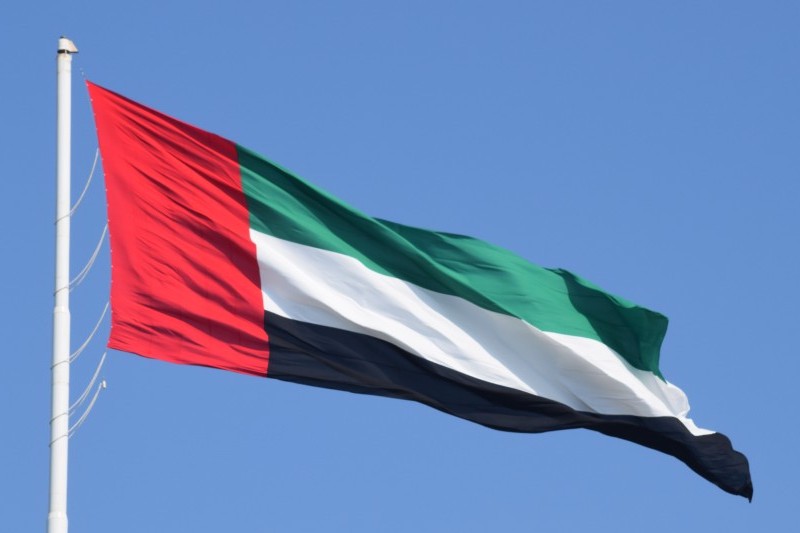










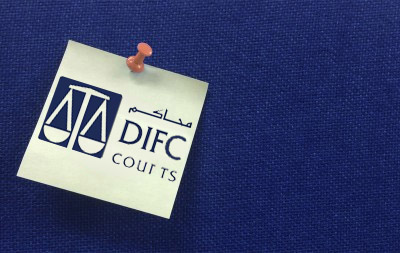
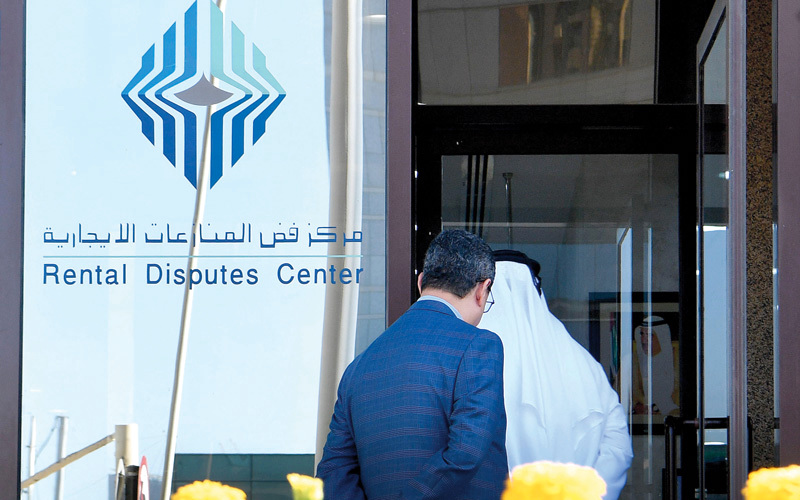












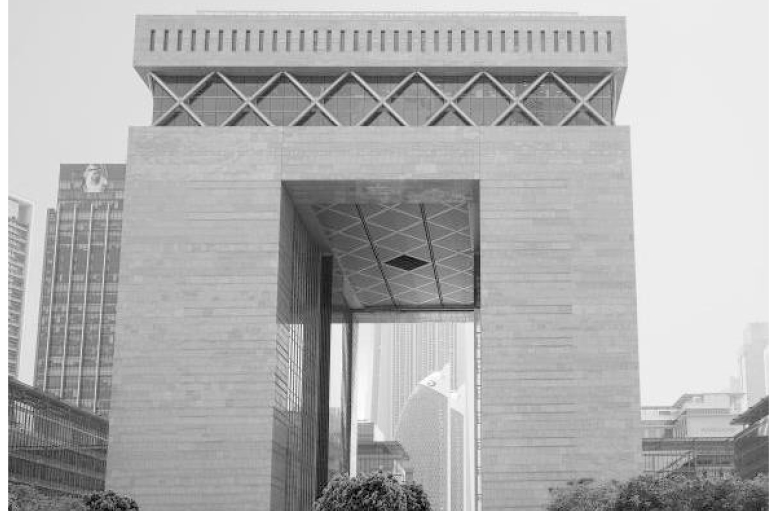






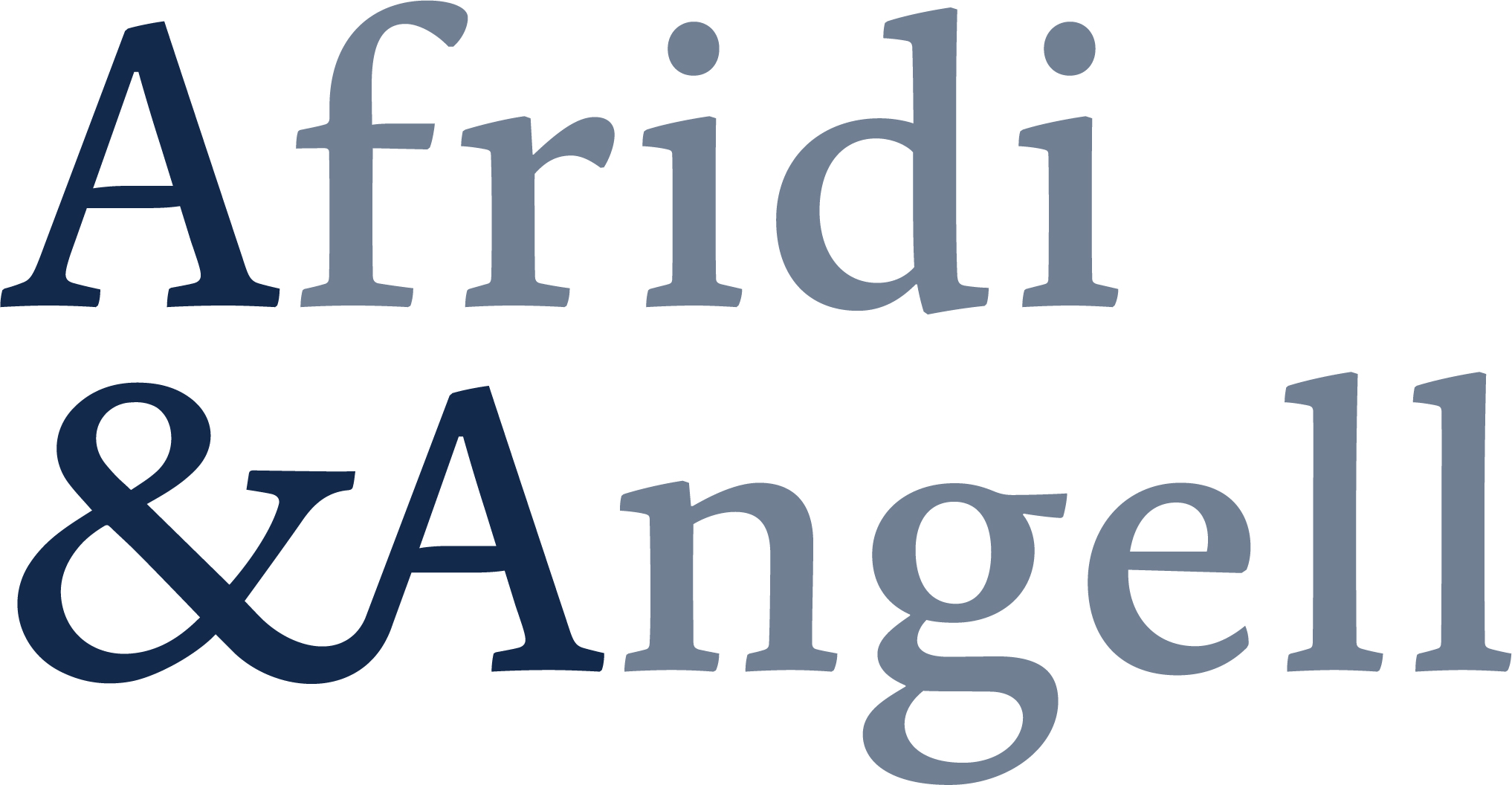 Afridi & Angell
Afridi & Angell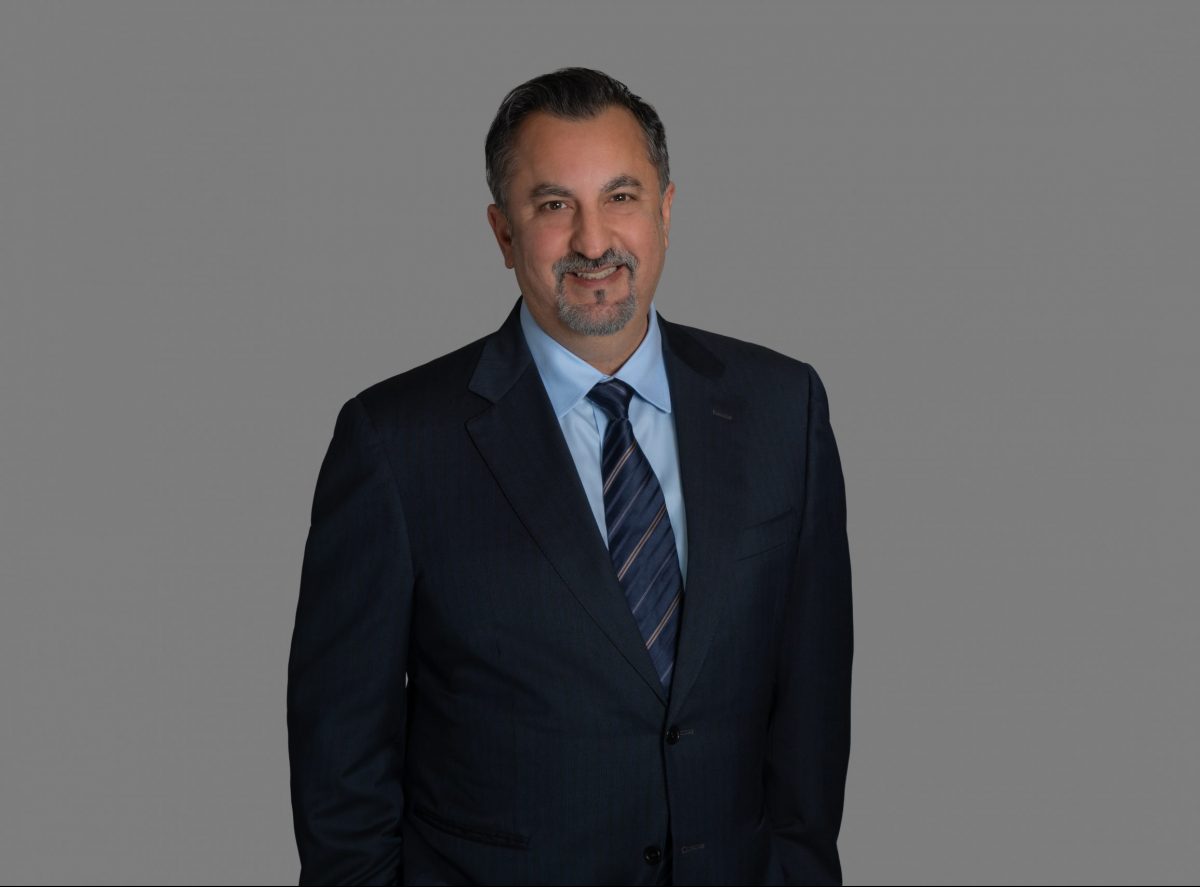 Masood Afridi
Masood Afridi Amjad Ali Khan
Amjad Ali Khan







